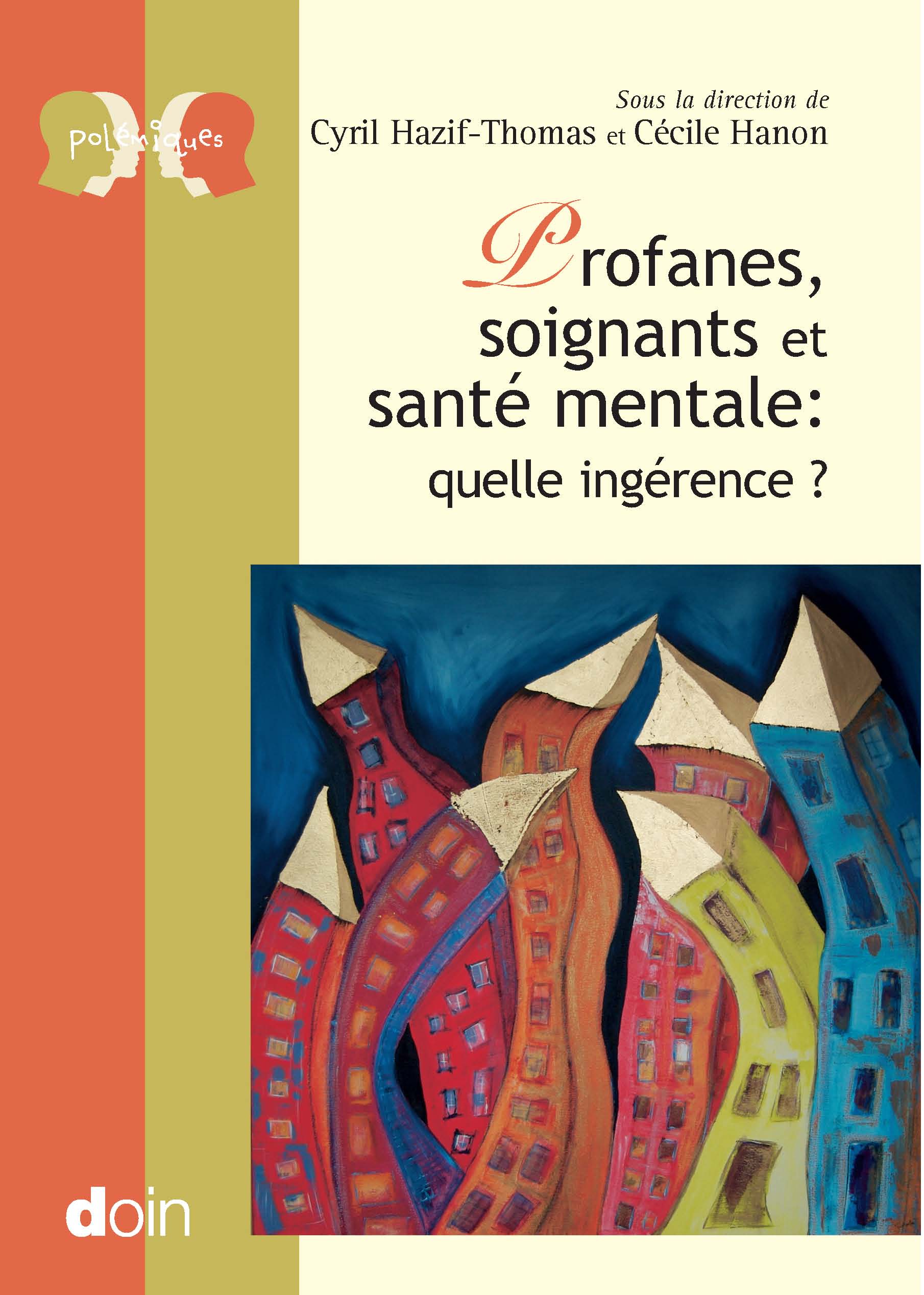(for any order > 35€)
How should we react to civil society's need to become involved in the doctor-patient relationship? Should we encourage it? Should we restrict it? How do we put up with it when it is sometimes easier not to have a third party interfering in what is already a complicated relationship?
Whether it is the patients themselves, their families and friends, family associations, support groups or even sometimes the public authorities, numerous stakeholders "interfere" in the relationship between psychiatrist and patient. When this happens, how do you care for patients when you know that treatment concerns not just these individuals?
The "layman" as opposed to the "expert" (the person who knows, whose experience and scientific and medical knowledge justifies their authority) was perceived, until a few years ago, as a hindrance, an unwanted addition who put a "got in the way" of proper medical practice. But these people who interfere in the relationship between carer and patient also have their experience, wisdom and sometimes questions to contribute and this can also help the expert select the best treatment for the patient.
Thus, this book suggests breaking with tradition and taking into account what these laypeople, whoever they may be, have to say in the psychiatric care provided.
Discussion leads to progress and exchanging different points of view on the management of a mentally anguished person can, generally speaking, only be beneficial. By recounting the different routes travelled and different individual experiences, this book sheds special light on a special relationship and forces us to ask new questions.
